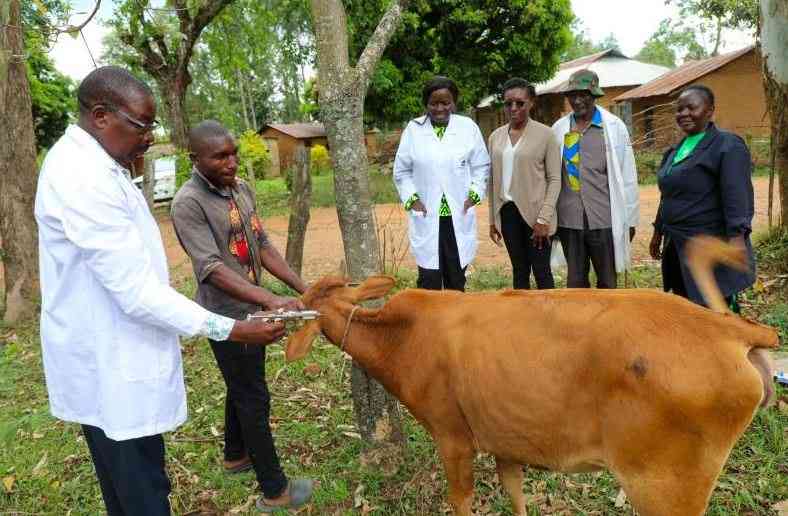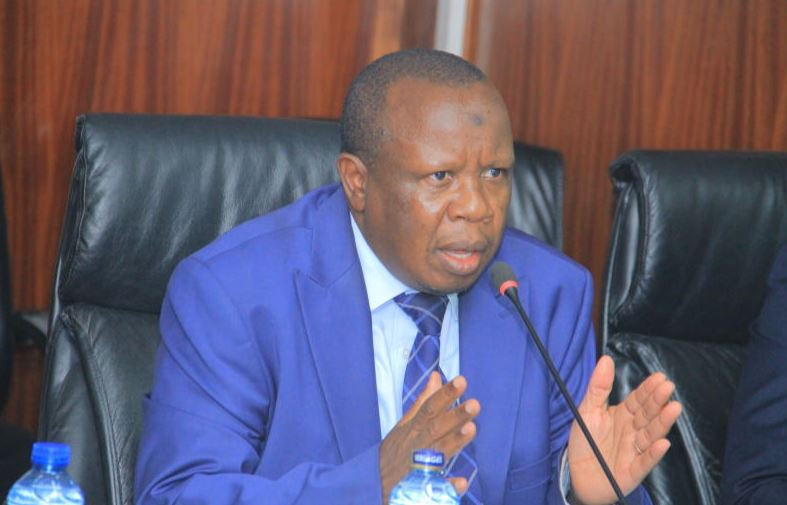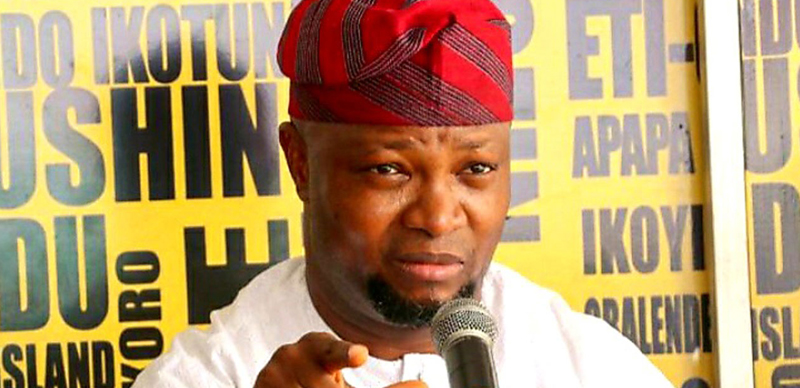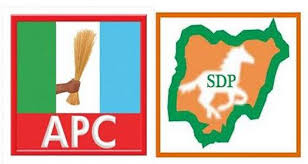Professor Kamilu Sani Fage, a political science scholar from Bayero University, Kano (BUK), said the rejection of Seyi’s gesture stems from several factors.
“Number one, there is no constitutional backing for the office of the son of the president. The perception in the North is that his gesture is a form of denigration. Agreed, we are fasting, but distributing food like this while giving cash empowerment in the South is seen as an insult.
“Additionally, many northerners are unhappy with how Seyi interacts with our revered traditional rulers. He shakes hands with them in their palaces, unlike the deference he shows to Chiefs and Obas from his region,” he said.
Fage warned that if the Tinubu administration does not address the deepening dissatisfaction in the North, it could significantly impact the ruling party’s electoral prospects.
“I would rate the impact of Seyi’s action as very low in the North because the region has borne the brunt of poverty, anger, insecurity and unemployment under this administration. If this continues, the level of dissatisfaction could seriously affect the APC’s chances in 2027,” he said.
Dr Seyid Hassan Cisse, a political scientist, also attributed the rejection to the perception in the North that the palliatives are linked to the presidency’s political agenda.
“When the state of the economy is in bad shape and you try to use charity to win over the people, they may see through it. The North has always been politically assertive, and they view this as a calculated attempt to secure their votes,” he said.
Cisse, a lecturer at Kwara State University, explained that many perceive Seyi Tinubu’s Ramadan gestures as an attempt by the presidency—or his father—to pacify the public amid growing economic hardship.
He added that the rejection of the gesture in certain parts of the North was more of a political statement than a religious one. “Basically, the part of the North that rejected it is only trying to take a political stand, even though that is not right Islamically. I wouldn’t say there is a shift of interest regarding the APC in 2027.”
While acknowledging the influence of the opposition in shaping public sentiment, he argued that their role should not be overstated. “The opposition always has a second agenda in any democratic system, but this narrative is not an empirical conclusion.”
He urged the APC and other political actors to rethink their engagement strategies, saying, “Political parties and politicians seeking power at any level must find ways to genuinely connect with the people.
“The politics now is more than sharing rice, beans, or minor palliatives. People are becoming more enlightened,” he said.
Like Cisse, many other analysts believe the reactions that trailed Seyi’s gesture in the North are a wake-up call for the ruling APC. They observed that the rejection of the initiative highlights the deepening economic struggles facing the North and the growing discontent with the Tinubu administration.
Dr Mohammed Alada, a former Head of the Department of Political Science at the University of Ilorin, believes the controversy is tied to northern aspirations for the 2027 election.
“Some sections of the North feel they have been short-changed by this government. They had high hopes, which have now been dashed. That is why they are rejecting anything linked to this administration,” he said.
Political observers suggest that rather than short-term palliatives, the government must focus on sustainable policies that address economic hardship, especially in the North, to regain public trust as Nigeria inches closer to 2027.









